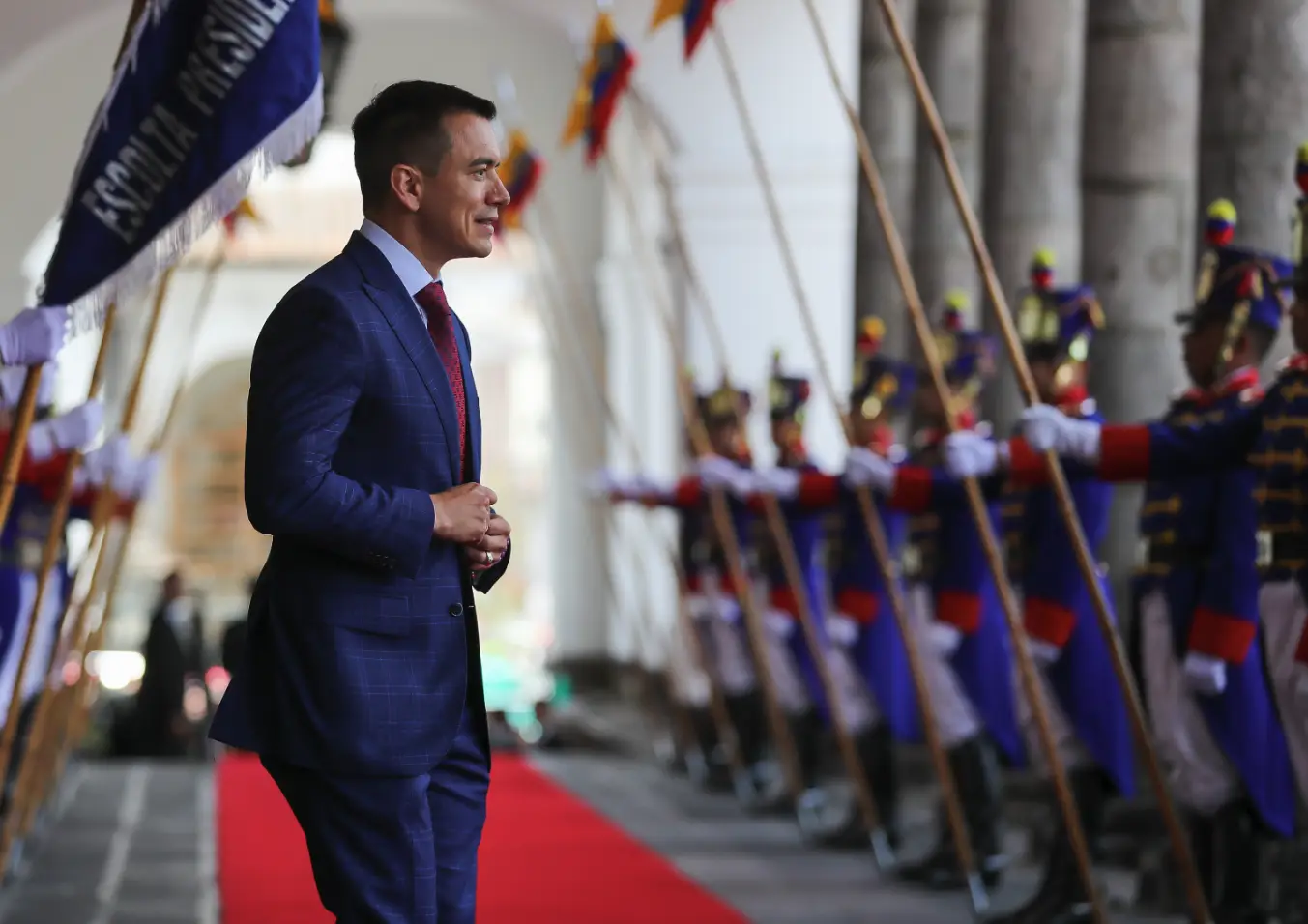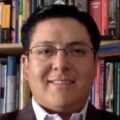The electoral result of April 13 was unexpected — not so much because of who won, but because of the margin: Daniel Noboa secured a lead of more than ten percentage points over Luisa González. Following the elections, Ecuador has entered yet another phase of democratic recession, particularly regarding the three fundamental pillars of democracy: competitive elections, liberal rights of expression and association, and the rule of law. This is what renowned political scientists, such as Adam Przeworski, refer to as “democratic autocratization” — a term used to describe the “deconsolidation,” “erosion,” “decline,” or “backsliding” of democracy.
According to the index compiled by the influential magazine The Economist for the 2006–2024 period, Ecuador is categorized as a “hybrid regime.” On a scale from 1 to 10, the country received its lowest score last year — in 2024 — when it garnered 5.24 points. In other words, under Daniel Noboa’s administration, amidst an “internal armed conflict” and an unprecedented wave of criminal violence, Ecuador obtained its worst ranking.
However, this process of “democratic autocratization” is not new. Ecuador already experienced it during Rafael Correa’s presidency (2007–2017). This is confirmed by the latest V-Dem Democracy 2025 report, which clearly illustrates the U-turn towards democratization that began in 2018, but which has been in decline again since 2022, signaling a new cycle of autocratization — this time under Daniel Noboa’s authoritarian leadership.
Thus, it is almost absurd to hear Correa supporters and Noboa supporters accusing each other of fraud and abuse of power, as if their leaders were exemplary democrats. In the 2025 elections, the “president-candidate” Daniel Noboa was just as, if not more, abusive than the “president-candidate” Rafael Correa in the 2013 elections. It is the selective memory and entrenched ideologies on both sides that cloud their reasoning.
As with every “democratic autocratization” process, Noboa needs to mold the institutional framework in his own image (just as Chávez did in Venezuela, Ortega in Nicaragua, Correa in Ecuador, Bukele in El Salvador, and now Donald Trump in the United States). Hence his interest in launching a “fast and agile constituent process.” Exactly how he intends to do this remains a mystery, but there is enough material for a brief prospective analysis.
The first scenario is political-institutional and involves settling the composition of the National Assembly. ADN, the ruling political movement, starts with a legislative bloc of 66 elected assembly members (out of a total of 151), while the Citizen Revolution (the political movement of former president Rafael Correa) holds another bloc of 66 — originally 67, until one assembly member announced her resignation last week. It is foreseeable that in the coming days, a significant number of assembly members from other political groups will align with the ruling bloc, which is the only one with real negotiating power — unless internal disputes within the ruling party create rifts that could be exploited by the Citizen Revolution.
The second scenario is socio-political. Another casualty of the April 13 outcome was Leonidas Iza, president of CONAIE (the Confederation of Indigenous Nationalities of Ecuador), the country’s social organization with the greatest capacity for mobilization and political influence. The unity of the left around Luisa González’s candidacy — including Pachakutik, CONAIE’s political-electoral arm — created the perception that institutional leftist forces, along with Correa’s movement, were defeated.
Thus, CONAIE has launched a political education campaign to warn about the risk to collective rights enshrined in the 2008 Constitution, which could be swiftly eliminated in a constituent process controlled by the ruling party.
Iza’s leadership emerged during the social protests of October 2019 and June 2022, and he needs to return to the streets to reaffirm it. However, in a militarized environment gripped by fear of terrorist attacks and other forms of criminal violence, the chances of success are slim.
To preempt this, Daniel Noboa’s government declared a state of “maximum alert” in the early hours of April 19. The reason cited was a supposed “military intelligence report” suggesting the “transfer of hitmen from Mexico and other countries to Ecuador to carry out terrorist attacks against the president and his team.” The Ministry of Government, in a communiqué issued the same day titled “The Revenge of the Sore Losers,” has triggered the discursive framing that will be used to delegitimize any social mobilization and close off the streets as a political arena.
With both scenarios under control, a “fast and agile constituent process,” as Daniel Noboa envisions, becomes possible.
For several years now, various spokespeople for the economic elites have pushed a particular idea: reinstating the 1998 Constitution through a referendum. One of the most fervent advocates of this idea is former Vice President Alberto Dahik Garzozi, who served as an ad-honorem advisor to former president Guillermo Lasso and sponsored Daniel Noboa’s first visit to Carondelet in 2023. Therefore, it would not be surprising if a compliant Constitutional Court authorized the formation of a special commission to update the 1998 Constitution and subsequently submit it to a referendum.
Something similar occurred during the 1978 referendum, when the military dictatorship called voters to choose between the 1978 Constitution and a reformed 1945 Constitution. That referendum marked the transition to a restricted electoral democracy under military oversight.
Today, with military power restored in the context of the “internal armed conflict,” the armed forces could once again determine the course of events. Meanwhile, the myriad crises undermining Ecuador will have to wait.
*Machine translation proofread by Janaína da Silva.













